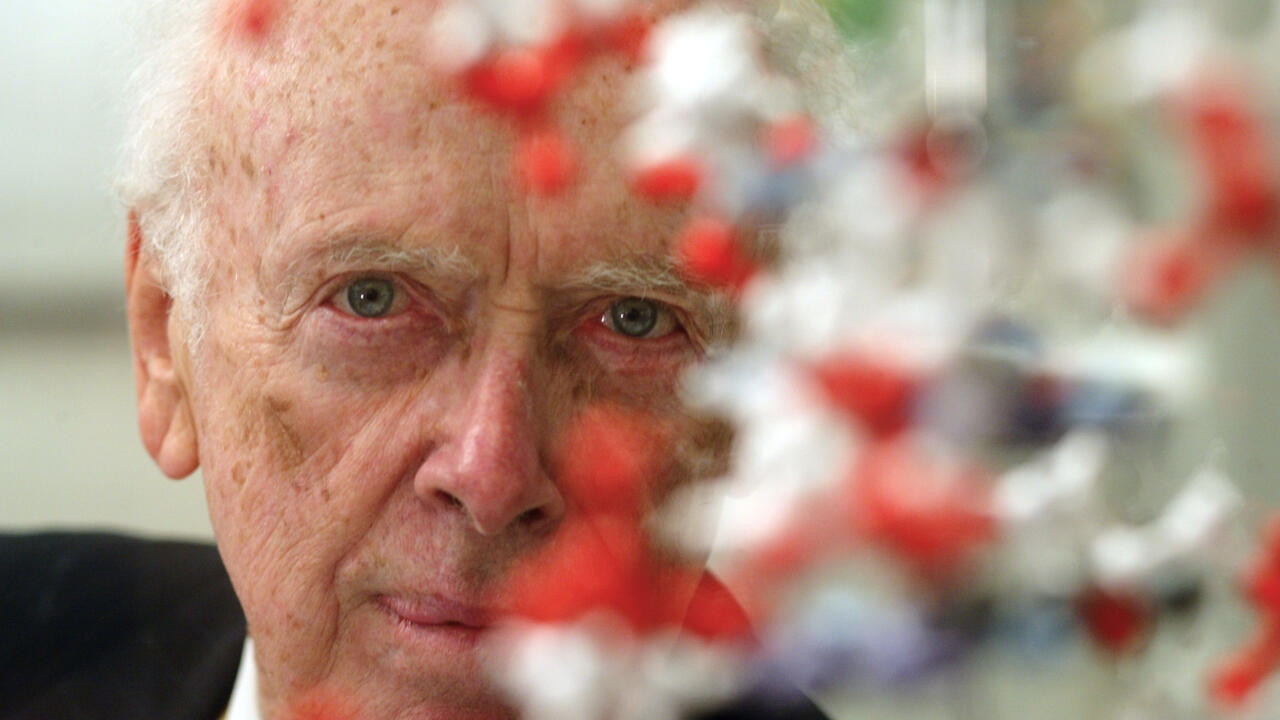CNBC correspondent Ernestine Siu attended an AI hackathon.
Courtesy of Ernestine Siu
I like to spend most of my weekends taking workout classes with friends, exploring new restaurants or vegging out on the couch with a movie on. The past weekend, however, was unique. Instead of the usual routine, I chose to immerse myself in a 24-hour 'vibe coding' hackathon.
I attended one of Singapore's biggest in-person hackathons ever, which was sponsored and supported by AI heavyweights from around the world including OpenAI, Cursor, Anthropic, Google DeepMind and more.
The event took place on a university campus from about 9 a.m. on Saturday to Sunday noon. Over 400 people participated, ranging from highly experienced engineers to first-timers. The goal was simple: build something from scratch with the help of artificial intelligence.
"Use your imagination... build something unhinged. Build something wacky," said Agrim Singh, one of the event's organizers and the co-founder of Niyam AI.
Several teams really took that advice to heart.
Some standout projects included F**Yu.AI, an AI-enabled productivity app that "bullies you into greatness," by calling users on their cell phones to yell at them to complete tasks, and RizzedIn, a dating site that helps connect "career-minded individuals."
Some members of the winning teams with CNBC correspondent, Ernestine Siu (right).
Courtesy of Nicholas Cheng
By the end of the weekend, about 150 projects were submitted. The winner – an AI-powered whiteboarding tool that allows users to draw using just their hand movements tracked through a webcam — took home prizes worth over $50,000 Singapore dollars (about $39,000).
The second and third place winners created a human-versus-AI speed game and a "Netflix for corporate training" tool that makes compliance training videos more engaging for employees.
Inside a 24-hour hackathon
As someone without a technical background, I was nervous entering the event but excited to meet the hackathon community. I knew I had to optimize my chances of building something successfully by teaming up with people who were much more technical than me.
Through Discord, I found my team for the hackathon: Gabrielle Ong who has a product development background, Aung Maung who has a deep tech background, Ninna Cao who has a product design background and Jay Chen who has a software engineering background. What did I offer? Ideas, my storytelling abilities and vibes.
Participants filled a lecture hall at the Singapore University of Technology and Design campus during the hackathon.
Courtesy of Nicholas Cheng
We bonded over a shared desire to preserve the legacies of our grandparents. So, we built Heirloom — a digital time capsule which can be used to capture and store family stories and recipes, so that they can be passed down for generations to come.
We spent all of Saturday working on transforming our idea into a product. Some of us stayed up the entire night working on the project — while others (me) unfortunately didn't have the stamina to do so.
We were trying to do a bit of a count ... And we found people in like random lecture rooms. It was just the funniest [thing] ... It was like catching wild Pokemon.
Sherry Jiang
Co-founder, Peek
When I got back to the campus on Sunday morning, I saw people sleeping on benches, on the floor and just about everywhere, while others were still making last minute adjustments before submitting their projects for judging.
An estimated 70 people stayed overnight to work on their project, said Sherry Jiang, one of the event organizers and the co-founder of fintech app Peek.
"We were trying to do a bit of a count ... And we found people in like random lecture rooms. It was just the funniest [thing] ... It was like catching wild Pokemon," said Jiang.
Richard Lee, who built a gamified habits-training app Orbie alongside his teammate Amanda Lau Shernin, slept for only about half an hour on the floor of a lecture hall. He had prior developer experience and knows coding languages like Python and SQL.
Participants of the hackathon ranged from highly experienced engineers to newbies.
Courtesy of Nicholas Cheng
When asked why he chose to join the hackathon, he said: "I took it as a personal challenge to see [what] could actually be done within 24 hours ... [and to] see how far vibe coding has advanced," said Lee. He also thought it would be a great place to get inspiration.
"It's like a gathering of builders ... who don't just learn, but do," Lee added. "It's almost like training for a startup, right? Effectively, you just have to focus and get something done."
By the end of the weekend, Lee says that although the hackathon was just 24 hours, he felt like he had "significantly upgraded" his skills.
Bringing back the builder spirit
The hackathon's organizers said their goal was to reinvigorate the builder community in Singapore. There's a feeling among many people in the space that the hackathon scene has faded from its heyday, co-organizer Jiang said.
Fellow organizer Singh agreed, writing on a LinkedIn post that "the Singapore hackathon scene lost its soul."
Singh, who has been attending hackathons since 2013, observed that such events used to center hackers and builders making "something that worked", instead of "panels or sponsorship decks or photo ops."
"Now? Most AI events here feel hollow. Panels by people who've never touched the tech. 'Thought leadership' with no practical weight. People pretending to build, or worse, extracting revenue from the hype without caring about the ecosystem," he wrote.
Major takeaways
With the advancement of AI, the startup landscape and software engineering industry has changed massively — it's now easier for people with non-technical backgrounds to build tech products themselves.
Out of all of the participants, about half of them were completely new to hackathons, Jiang said.
Jiang also pointed out that some participants who had learned how to vibe code just a couple weeks ago had placed "pretty high" on the event's rankings, beating experienced engineers.
"This is a bit of a hypothesis I have ... I feel like people who [have a good] product sense and good taste and know how to position their products are starting to do really well at these hackathons because engineering is a lot easier now," she said. "We've lowered the barrier, but raised the bar."
The time to build is far shorter than [before]. I think it's really much easier for developers or technical people, or even non-technical people to build a prototype, and effectively get to market.
Richard Lee
Hackathon participant
"The time to build is far shorter than [before]. I think it's really much easier for developers or technical people, or even non-technical people to build a prototype, and effectively get to market," said hackathon participant Lee.
Additionally, Lee and Jiang agree that both startup teams and corporate developer teams will likely become smaller now that these AI-assisted coding tools are on the market.
"It's improving so fast that if [you] are not using [these tools] it day to day ... I think [you'll] be at a big risk of being eliminated."
Richard Lee
Hackathon participant
With that said, it's still very helpful to have some background on software engineering, as this will carry you to the finish line. People will still need to know how to evaluate code in terms of its fundamental logic and understand how to address issues in code, hackathon participant Lee said.
Ultimately, AI models are improving so quickly that if engineers aren't upskilling consistently on the tools and staying up to date, they are at risk of becoming redundant, he added.











 English (US) ·
English (US) ·